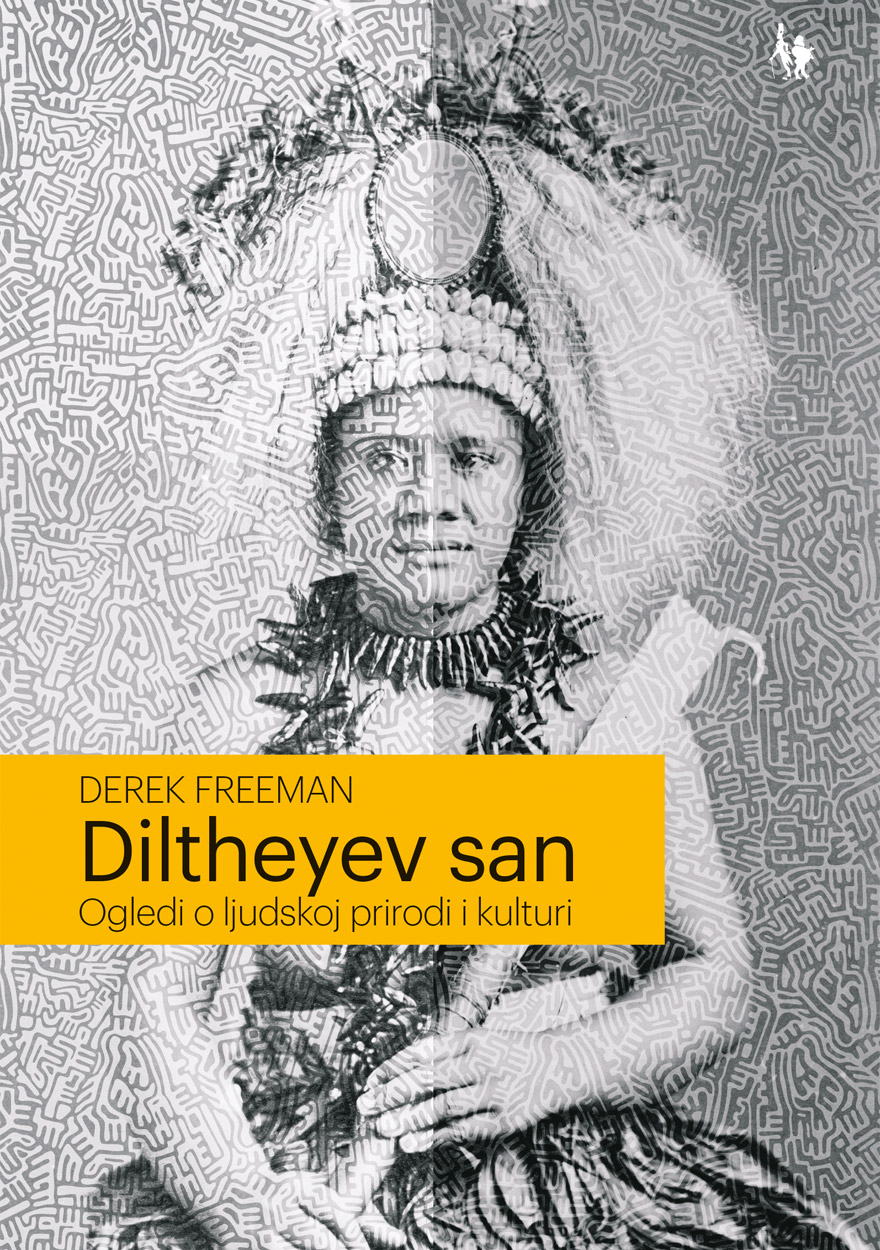Derek Freeman
Throughout his life, Derek Freeman was concerned with ideas whose implications he pursued with tireless vigour. He first established his reputation as a noted ethnographer, doing initial fieldwork in the early 1940s on the local polity of Sa’anapu in Western Samoa. After submitting a study of Samoa for a Diploma in Anthropology at the University of London, he went on to do important new field research on the Iban of Sarawak for his doctorate at Cambridge University. In 1954, he was appointed as Senior Fellow in Anthropology at The Australian National University producing a range of studies on the Iban and on social organisational theory. Later appointed as Professor and Head of Department and on his retirement as Emeritus Professor, Freeman remained in the Department of Anthropology throughout his career.
Derek Freeman died in Canberra on 6 July 2001 at the age of 84.

Dilthey’s Dream »
Essays on human nature and culture




